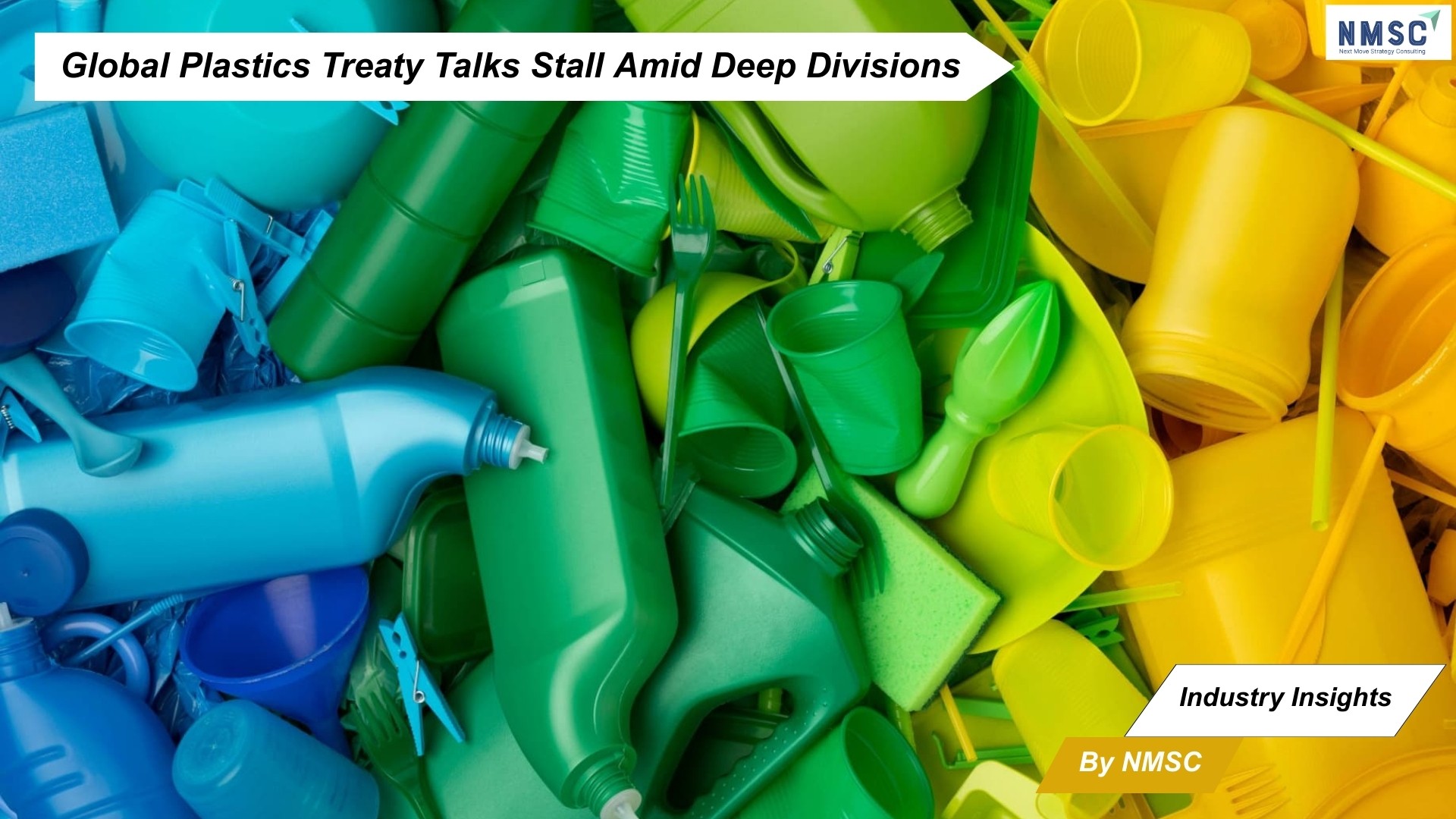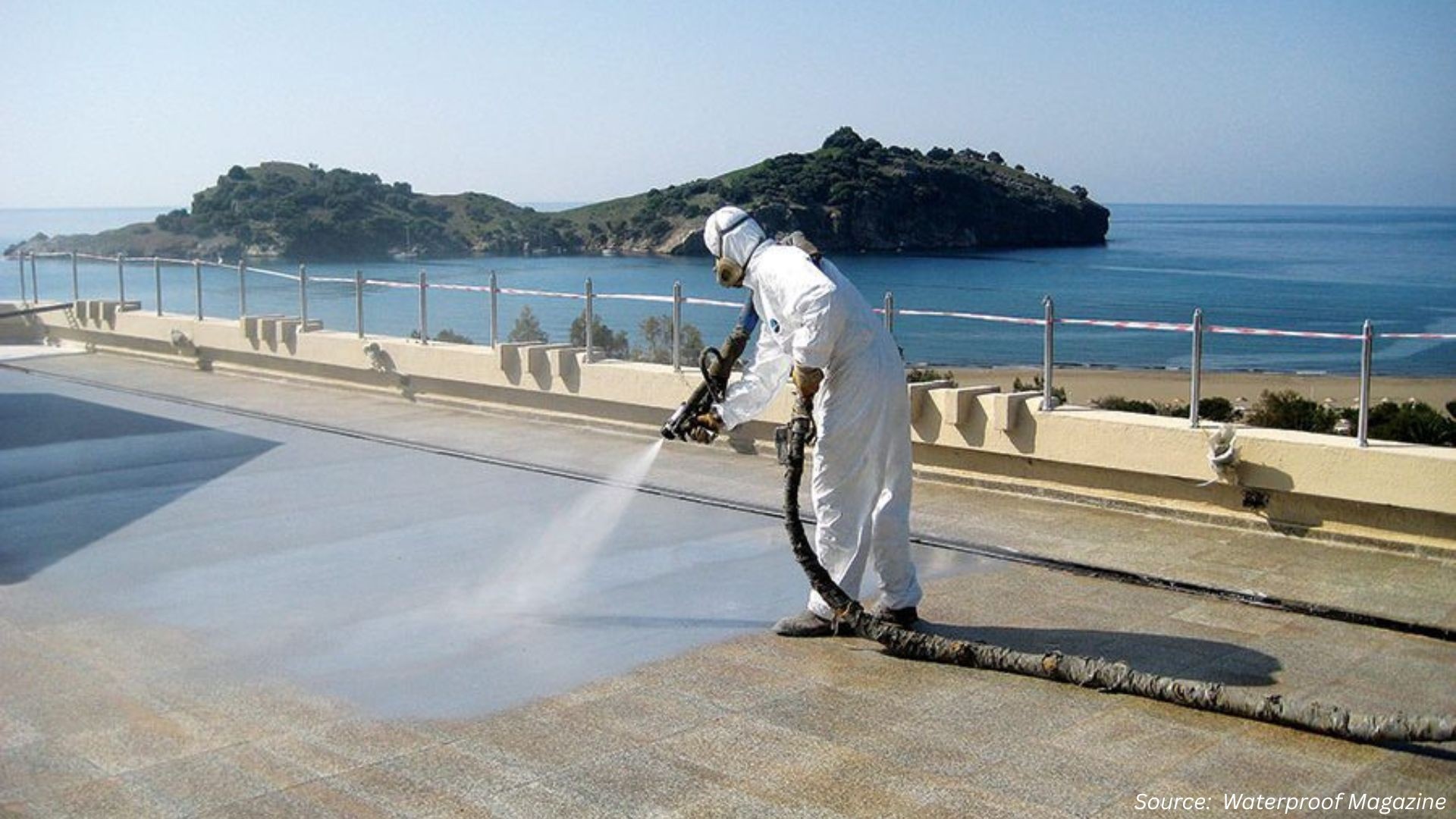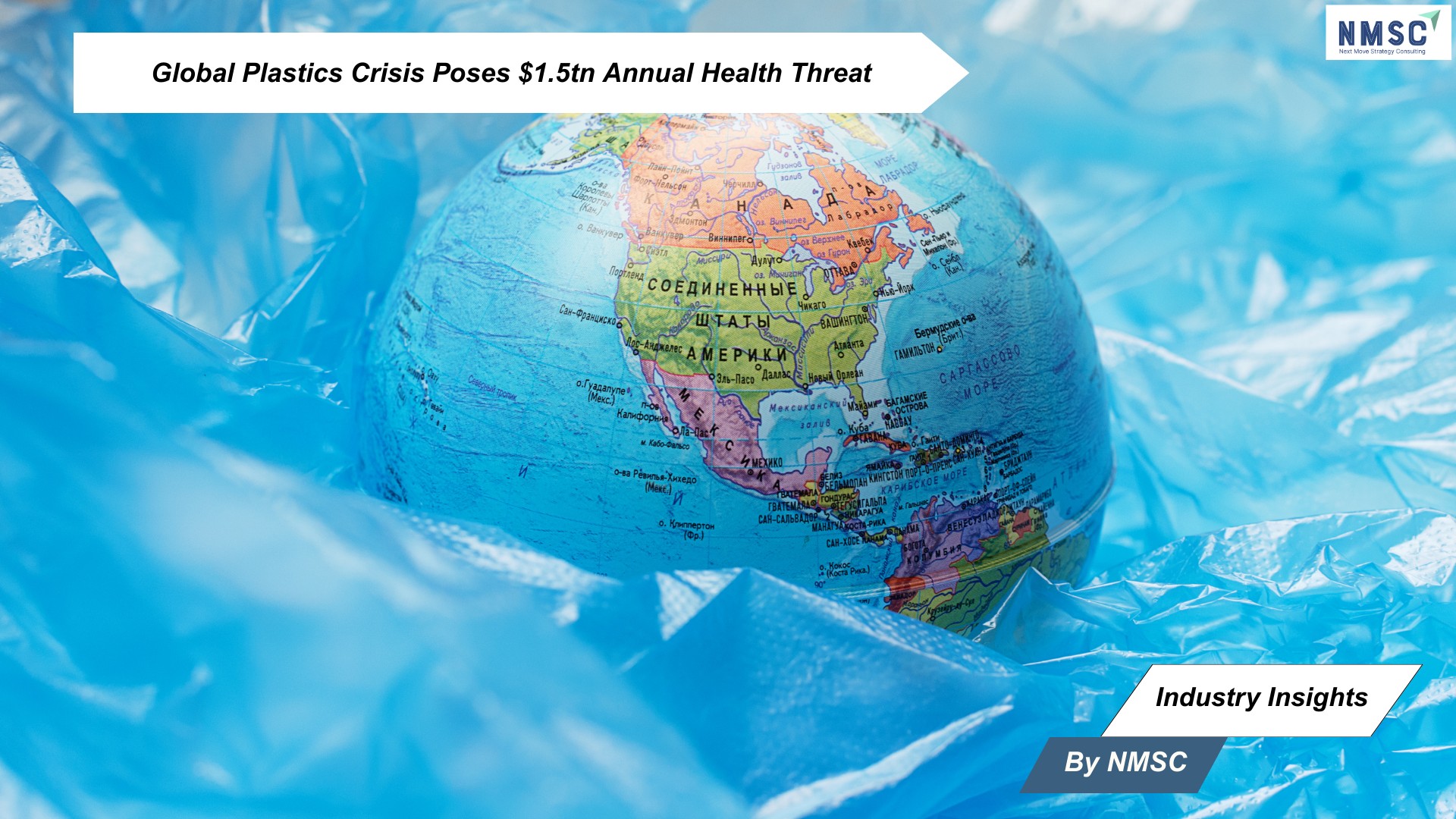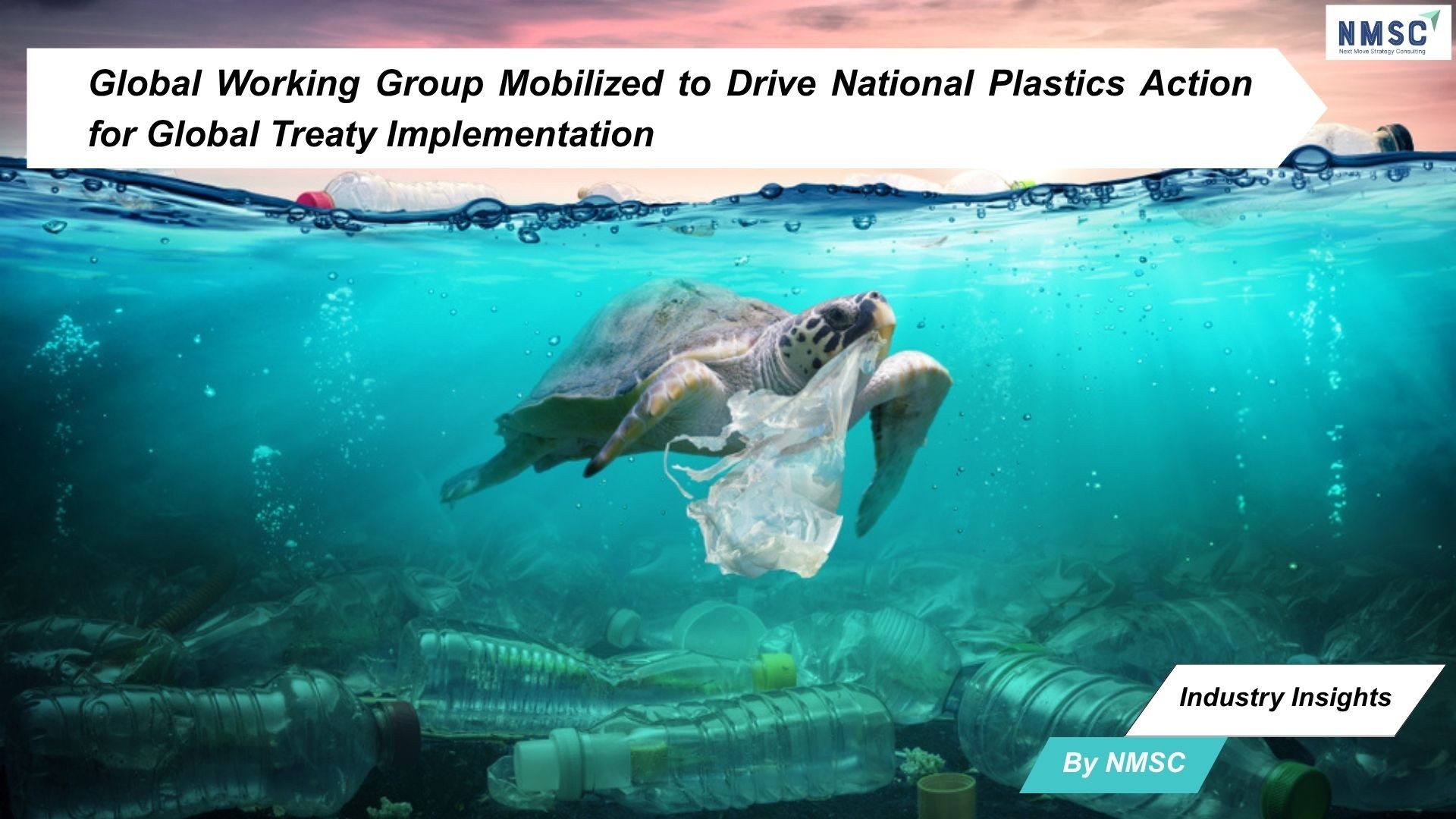Global Plastics Treaty Talks Stall Amid Deep Divisions
Published: 2025-08-16

Industry Insights from Next Move Strategy Consulting
Global efforts to forge a landmark treaty aimed at ending plastic pollution have once again faltered, as the latest round of UN negotiations concluded without consensus. The sixth round of talks in under three years, held in Geneva, was marked by prolonged debates that extended into the night but ultimately failed to overcome the entrenched divide between nations.
A Stalled Opportunity for Global Action
Despite the urgency, negotiators remain split: around 100 countries, including the UK and EU bloc, are advocating for restrictions on plastic production, while oil-producing nations insist the treaty should prioritize recycling and waste management.
Cuban representatives lamented that the session represented a “missed historic opportunity,” while UK Marine Minister Emma Hardy described her disappointment, underscoring that plastic pollution is a global crisis requiring collective solutions.
Divergent Visions for the Future of Plastics
The core fault line centers on whether to address plastics at the source by curbing production or to focus on downstream solutions. Oil-producing nations such as Saudi Arabia and Russia, viewing plastics as integral to future economic models, argue that recycling and waste infrastructure provide the most practical path forward. Industry groups echoed this stance, with America’s Plastic Makers warning that reducing production could have “unintended consequences” for modern life.
Conversely, researchers emphasize that recycling alone cannot solve the crisis. With global recycling rates lingering near 10%, even ambitious improvements would leave vast quantities of plastic polluting ecosystems and entering human bodies as microplastics.
Rising Production and Mounting Concerns
Plastic production has surged from two million tonnes in 1950 to 475 million tonnes in 2022 and is projected to climb further without intervention. Concerns extend beyond environmental pollution to health risks posed by toxic chemicals in plastics. Microplastics have been detected across soils, rivers, the atmosphere, and even human organs, intensifying calls for systemic change.
Major consumer goods companies, including Nestlé and Unilever, have supported measures under the Business Coalition led by the Ellen MacArthur Foundation.
Looking Ahead
With the negotiations now further delayed, momentum risks being lost even as plastic waste continues to rise. Island nations, disproportionately affected by marine debris, warned of the unjust burden they face despite contributing minimally to the crisis.
Source: BBC
Prepared by: Next Move Strategy Consulting
















Add Comment